Can Trump ban overseas students from US universities?
President's decision to revoke Harvard's access to database for admitting international students 'drastically escalates' the dispute
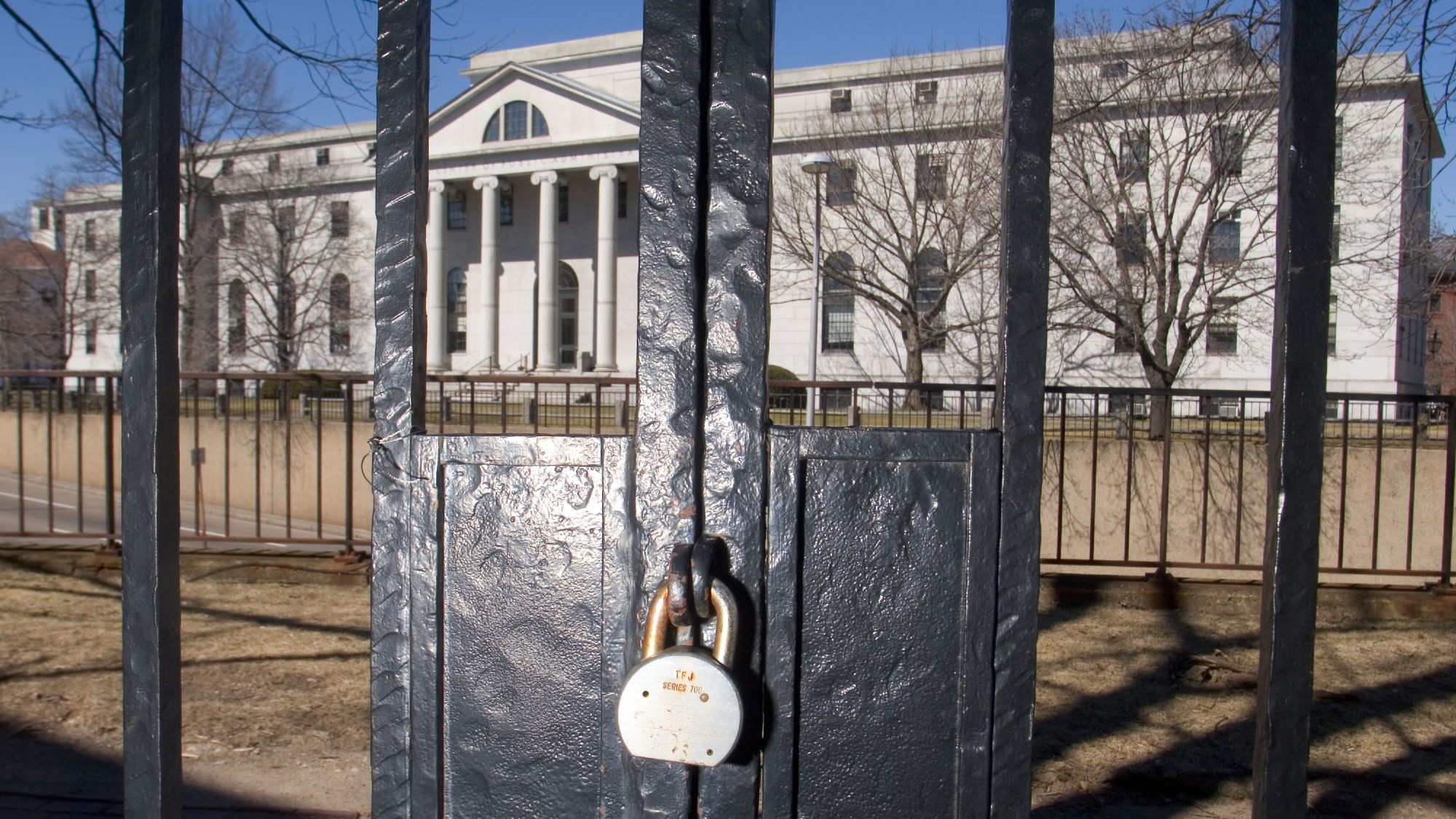
A free daily email with the biggest news stories of the day – and the best features from TheWeek.com
You are now subscribed
Your newsletter sign-up was successful
Donald Trump has revoked Harvard University's ability to enrol international students, who currently make up over a quarter of its intake.
In a dramatic twist of his "escalating battle" with the Ivy League institution, the Trump administration has also said that thousands of current students must transfer to other universities or leave the country, said The Associated Press.
What did the commentators say?
"How can the federal government dictate which students a private university can and cannot enrol?" said The New York Times. In reality, the US government has "enormous power" over who is allowed to enter the country to study.
The Week
Escape your echo chamber. Get the facts behind the news, plus analysis from multiple perspectives.

Sign up for The Week's Free Newsletters
From our morning news briefing to a weekly Good News Newsletter, get the best of The Week delivered directly to your inbox.
From our morning news briefing to a weekly Good News Newsletter, get the best of The Week delivered directly to your inbox.
Colleges and universities use a "vast" database, known as SEVIS, or the Student and Exchange Visitor Information System, to "manage and track" the enrolment of international students. But this database is operated by the Department of Homeland Security; Trump is exploiting this "vulnerability" by revoking Harvard's access to it, effectively banning overseas students.
The DHS claimed that Harvard has allowed "anti-American, pro-terrorist agitators" to assault Jewish students on campus. Department officials also alleged that Harvard has collaborated with the Chinese Communist Party, hosting and training members of a Chinese paramilitary group as recently as last year.
This turn of events "drastically escalates" the dispute between the White House and the university, said CNN. Trump had frozen more than $2 billion in funds last month when Harvard said it wouldn't "concede" to his "demands", including reforming its international student programme.
Homeland Security Secretary Kristi Noem said Harvard could restore its status as a host institution for foreign students if it complied with a list of demands within 72 hours. The demands include "requests for a range of records", such as disciplinary records for international students, plus "audio and video recordings of protest activity", said ABC News.
A free daily email with the biggest news stories of the day – and the best features from TheWeek.com
Harvard is likely to challenge the ban in court. The move will "certainly draw a very strong legal challenge", Elliot Williams, former counsel to the Senate Judiciary Committee, told CNN.
Although there are "well-established" legal processes in place for revoking a school's certification, said Williams, it doesn't seem that Trump's administration has complied with them, so the university would have a "strong basis" for a legal challenge.
What next?
The government's stance could deter overseas students from studying in the US at all, Pippa Norris, a lecturer at Harvard’s Kennedy School of Government, told The Guardian. "Why would any further international students apply to America, not just Harvard, if they can't know that they’ve got a guaranteed place?"
The administration's actions are likely to benefit other top universities, like Oxford and Cambridge. "The best of the brightest could apply wherever they would," she said. "America, again, is going to have problems as a result."
Chas Newkey-Burden has been part of The Week Digital team for more than a decade and a journalist for 25 years, starting out on the irreverent football weekly 90 Minutes, before moving to lifestyle magazines Loaded and Attitude. He was a columnist for The Big Issue and landed a world exclusive with David Beckham that became the weekly magazine’s bestselling issue. He now writes regularly for The Guardian, The Telegraph, The Independent, Metro, FourFourTwo and the i new site. He is also the author of a number of non-fiction books.
-
 House votes to end Trump’s Canada tariffs
House votes to end Trump’s Canada tariffsSpeed Read Six Republicans joined with Democrats to repeal the president’s tariffs
-
 Bondi, Democrats clash over Epstein in hearing
Bondi, Democrats clash over Epstein in hearingSpeed Read Attorney General Pam Bondi ignored survivors of convicted sex offender Jeffrey Epstein and demanded that Democrats apologize to Trump
-
 Are Big Tech firms the new tobacco companies?
Are Big Tech firms the new tobacco companies?Today’s Big Question Trial will determine if Meta, YouTube designed addictive products
-
 American universities are losing ground to their foreign counterparts
American universities are losing ground to their foreign counterpartsThe Explainer While Harvard is still near the top, other colleges have slipped
-
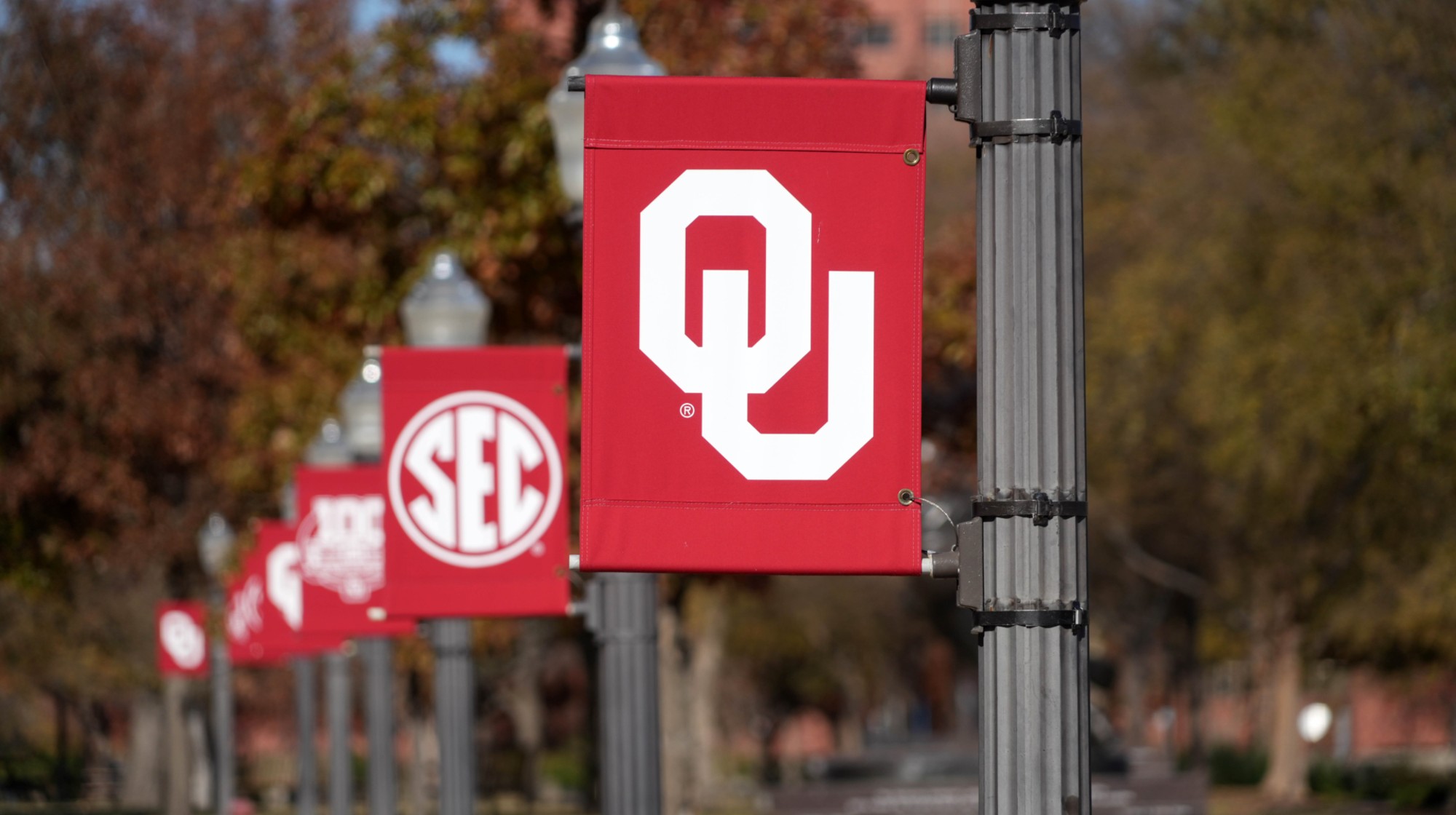 Oklahoma fires instructor over gender essay grade
Oklahoma fires instructor over gender essay gradeSpeed Read
-
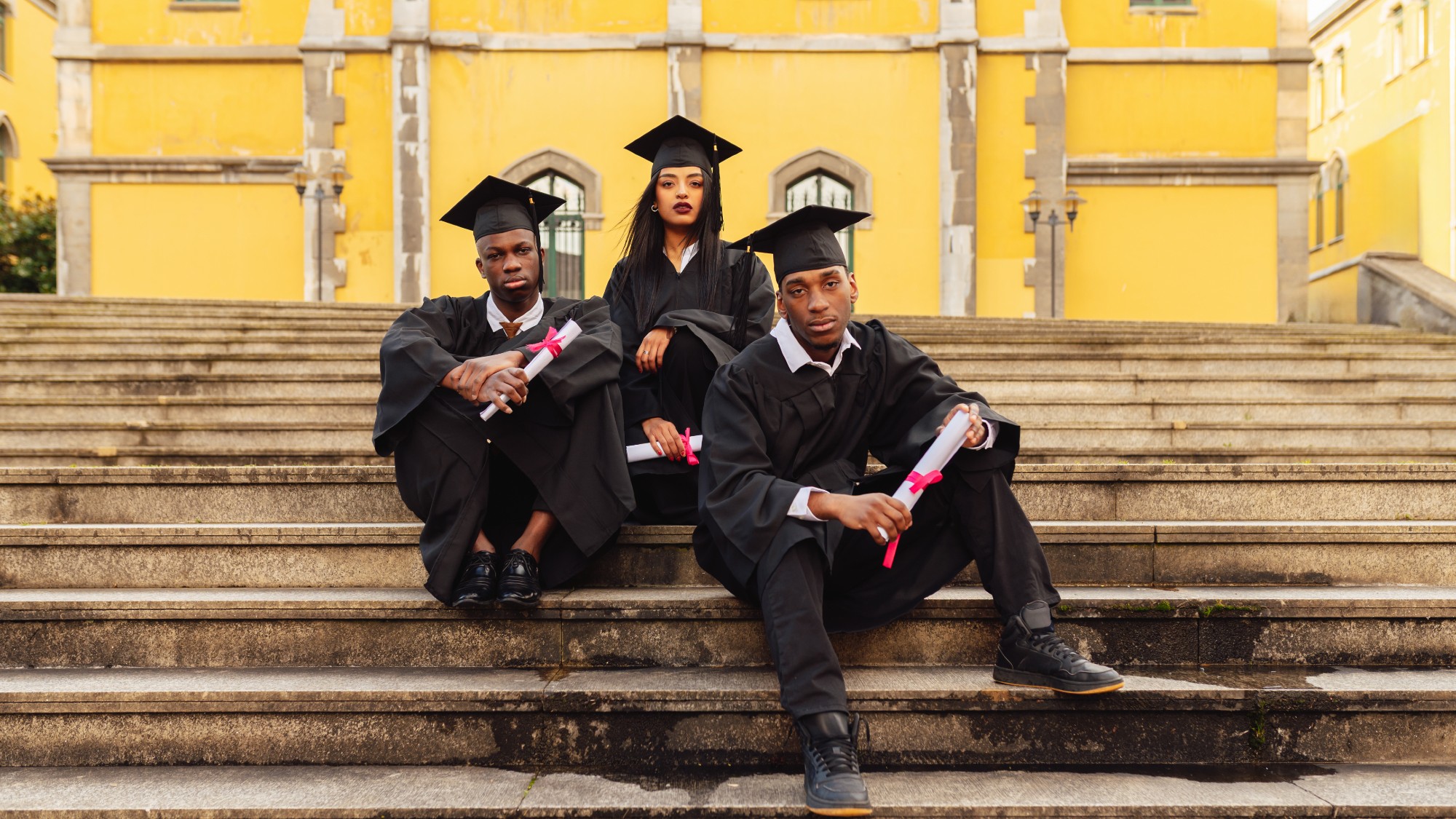 Education: More Americans say college isn’t worth it
Education: More Americans say college isn’t worth itfeature College is costly and job prospects are vanishing
-
 Schools: The return of a dreaded fitness test
Schools: The return of a dreaded fitness testFeature Donald Trump is bringing the Presidential Fitness Test back to classrooms nationwide
-
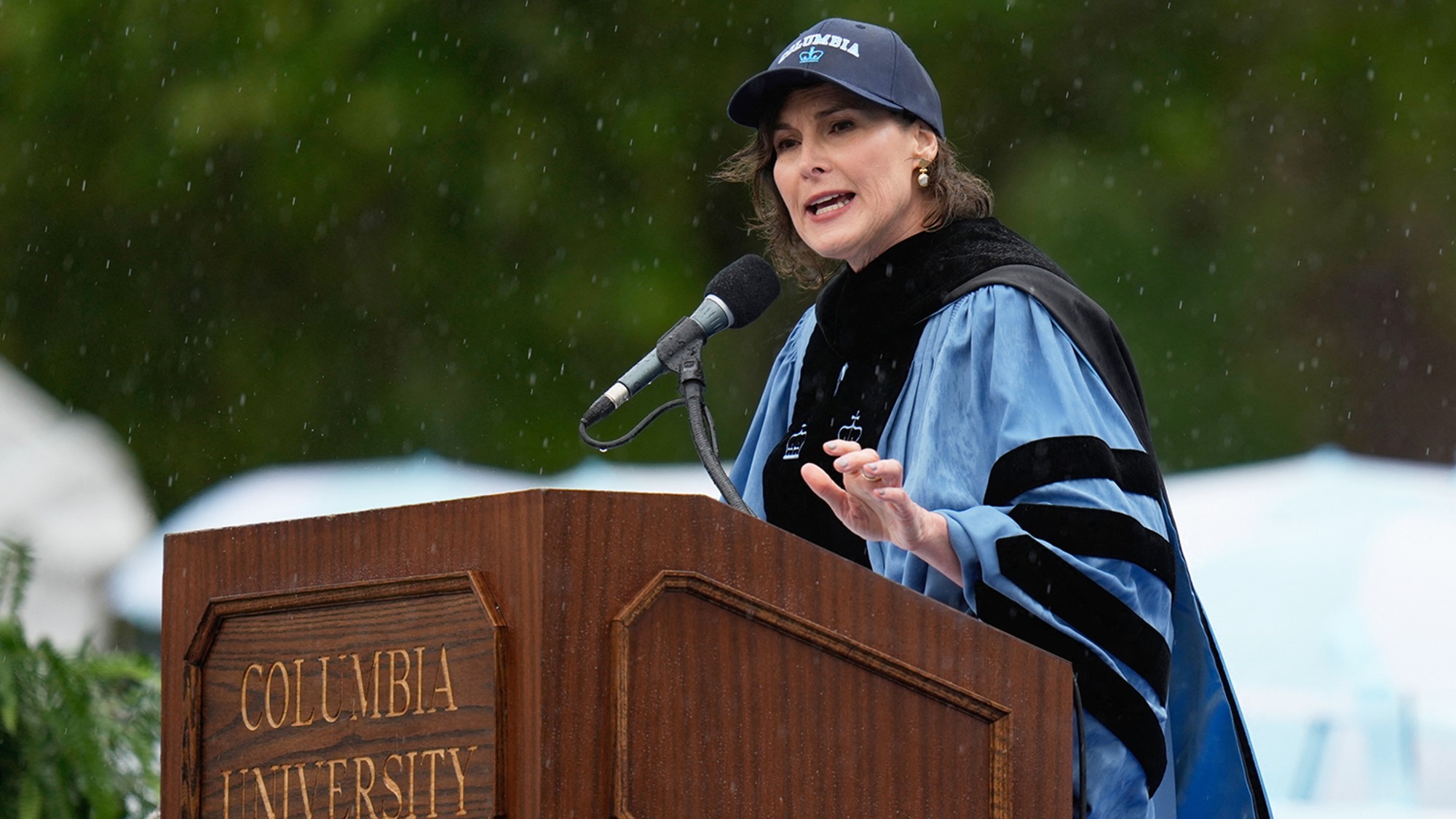 Columbia: A justified surrender to Trump?
Columbia: A justified surrender to Trump?Feature Columbia agrees to a $221M settlement and new restrictions to restore federal funding
-
 Penn wipes trans swimmer records in deal with Trump
Penn wipes trans swimmer records in deal with Trumpspeed read The University of Pennsylvania will bar transgender students from its women's sports teams and retroactively strip a trans female swimmer of her titles
-
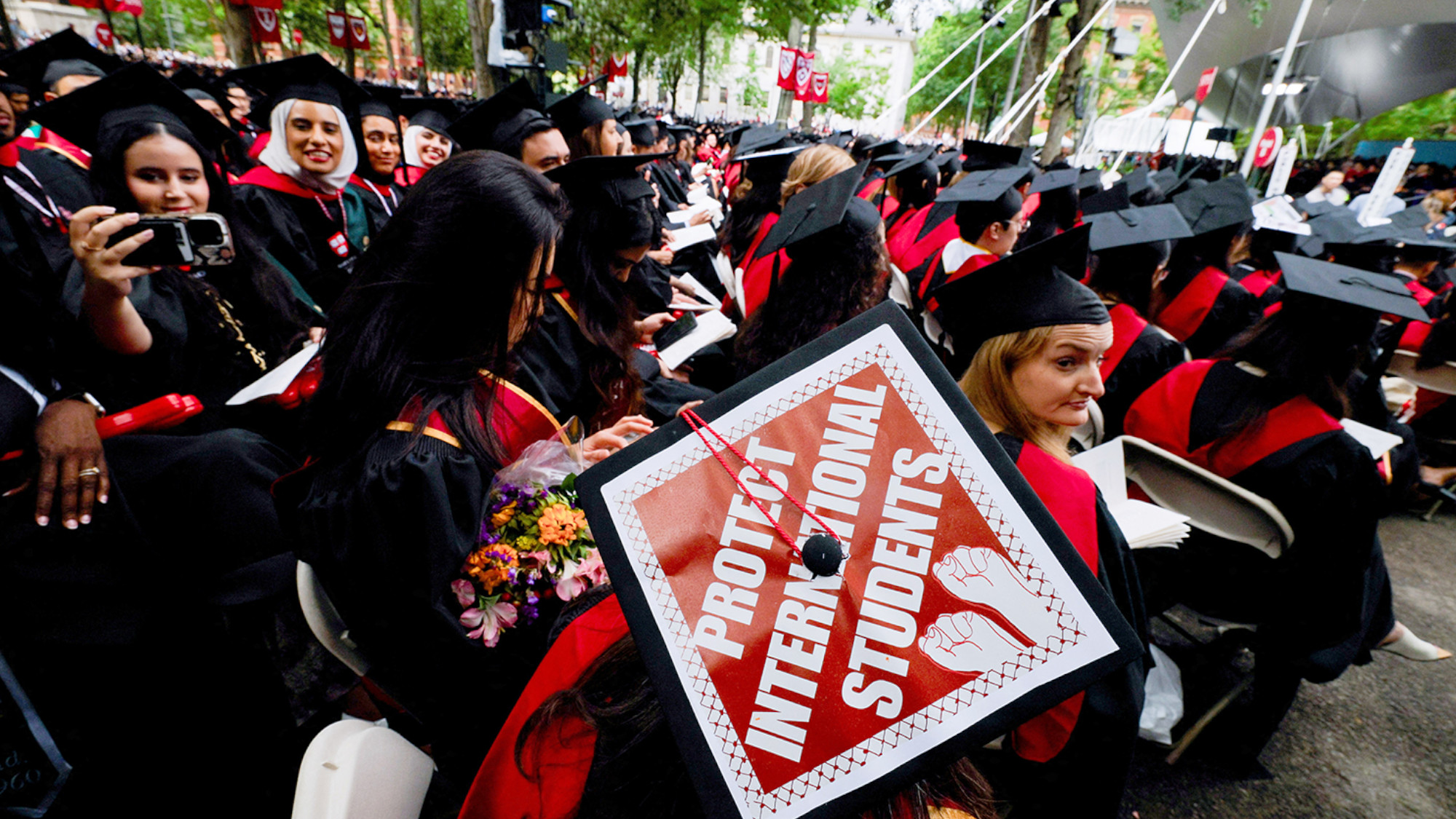 Education: America First vs. foreign students
Education: America First vs. foreign studentsFeature Trump's war on Harvard escalates as he blocks foreign students from enrolling at the university
-
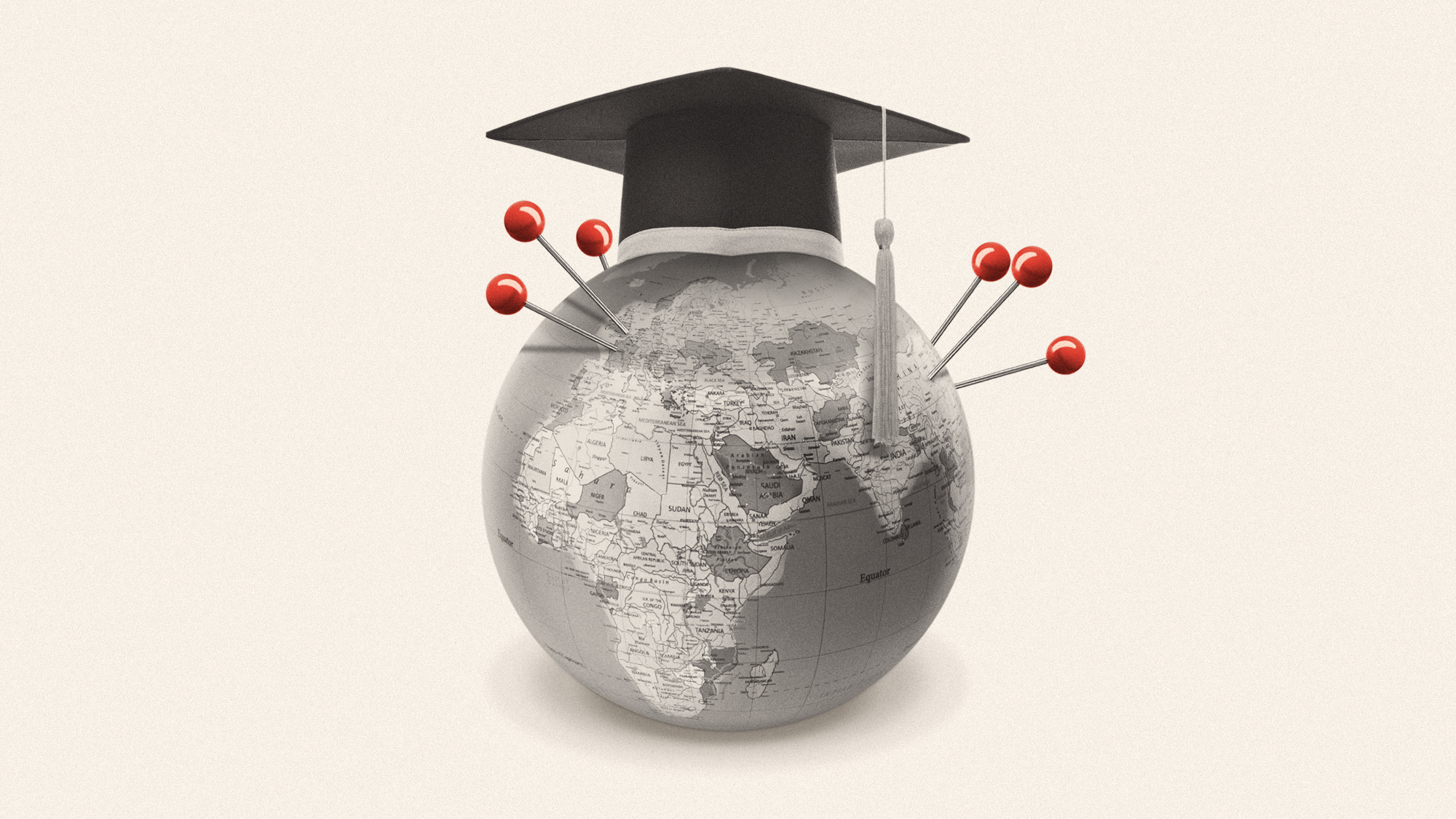 Where will international students go if not the US?
Where will international students go if not the US?Talking Points China, Canada and the UK are ready to educate the world